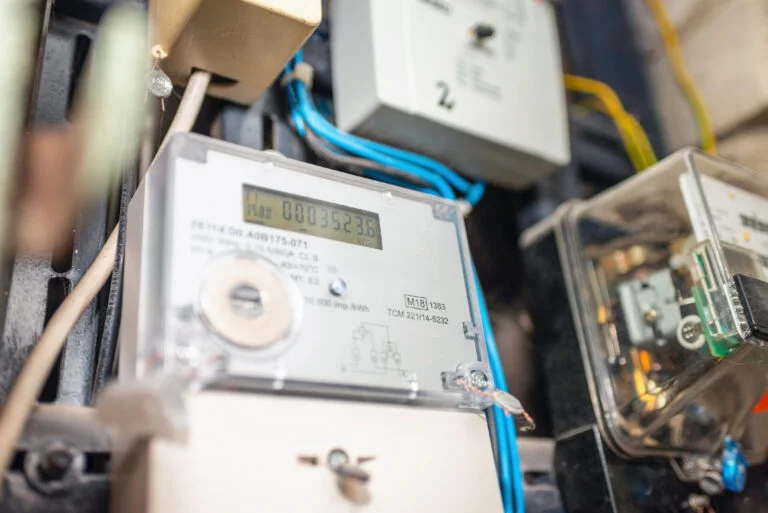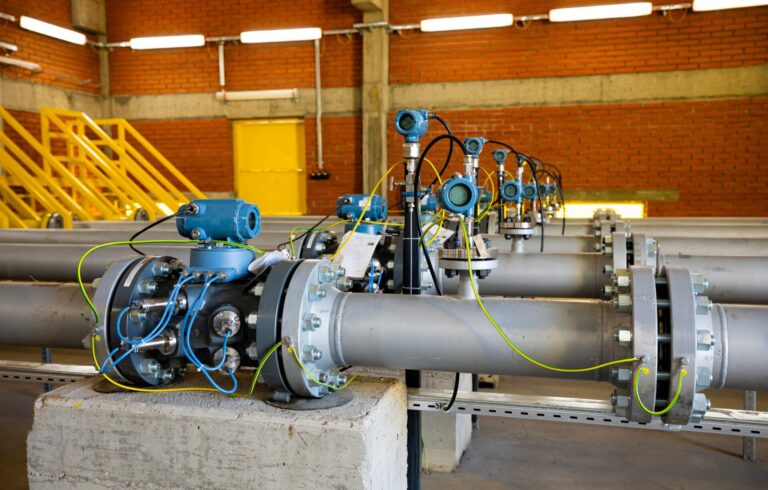The recent announcement that UK households face the highest electricity prices in Europe has sparked significant concern. According to government figures, British homes paid 36p per unit of electricity in the second half of last year, with some commercial energy suppliers still offering prices upwards of 35p. This surpasses all other EU countries. This shift marks a historic peak, with UK electricity prices overtaking those of traditionally higher-cost nations like the Netherlands and Belgium. Interestingly, while electricity prices have soared, gas prices in the UK remain relatively low, ranking ninth among the 27 EU countries at just 8p per unit.

Factors Behind the Highest Electricity Prices
The increase in costs is affecting both businesses and households. For businesses, this surge stems not only from higher prices per kWh but also from increased standing charges. Meanwhile, households are primarily facing higher prices per kWh alone. Key factors driving these cost increases include the UK’s commitment to Carbon Net Zero targets and its goal of achieving greater self-sustainability through domestic power generation. These initiatives have necessitated significant investments in upgrading our networks and infrastructure, resulting in higher costs for end users.
However, these efforts are expected to be worthwhile in the long run. The transition to renewable energy sources is anticipated to reduce prices over time, as renewables become more efficient and cost-effective. Ultimately, this shift will not only help in achieving environmental goals but also lead to more stable and potentially lower energy costs for both businesses and households.
Implications for Businesses and the Energy Transition
High electricity prices are not just a burden for households but also for businesses, affecting operational costs and competitiveness. For businesses, these high costs can lead to increased production expenses and may impact profitability. This can be particularly challenging for energy-intensive industries such as manufacturing and data centres. Moreover, the disparity between electricity and gas prices might influence business decisions regarding energy investments and strategies for reducing carbon footprints.
Strategies for Businesses to Mitigate Costs
-
Energy Audits:
Conduct comprehensive energy audits to identify areas where energy efficiency can be improved, reducing overall consumption and costs.
-
Renewable Energy Integration:
Invest in renewable energy sources, such as solar panels or wind turbines, to reduce reliance on grid electricity and take advantage of potential tax benefits or subsidies.
-
Demand Management:
Implement demand-side management techniques, including the use of smart meters and dynamic pricing, to optimise energy usage and reduce costs during peak demand periods.
-
Corporate Power Purchase Agreements (PPAs):
Enter into PPAs to secure long-term, fixed-rate energy prices from renewable sources, providing cost stability and sustainability benefits.
-
Energy Management Systems (EMS):
Utilise EMS to monitor, control, and optimise energy usage in real-time, ensuring efficient operations and cost savings.
The Role of Government and Policy Changes
The government has pledged to “rebalance” levies off electricity onto gas to reduce electricity bills, but this has yet to materialise. Addressing the ongoing energy bill crisis is critical for the next government to ensure both consumers and businesses are not disproportionately burdened. Policies that support the adoption of renewable energy and energy efficiency measures will be crucial in stabilising electricity prices and supporting the transition to a greener economy.
The UK’s status as the highest electricity bill payer in Europe is a complex issue with multiple contributing factors. By focusing on energy efficiency, optimising usage, and advocating for supportive policies, BP Consulting aims to help both consumers and businesses navigate these challenges and contribute to a more sustainable energy future. Implementing these strategies can help businesses mitigate the impact of the highest electricity prices, enhance operational efficiency, and support the transition to a greener economy.






